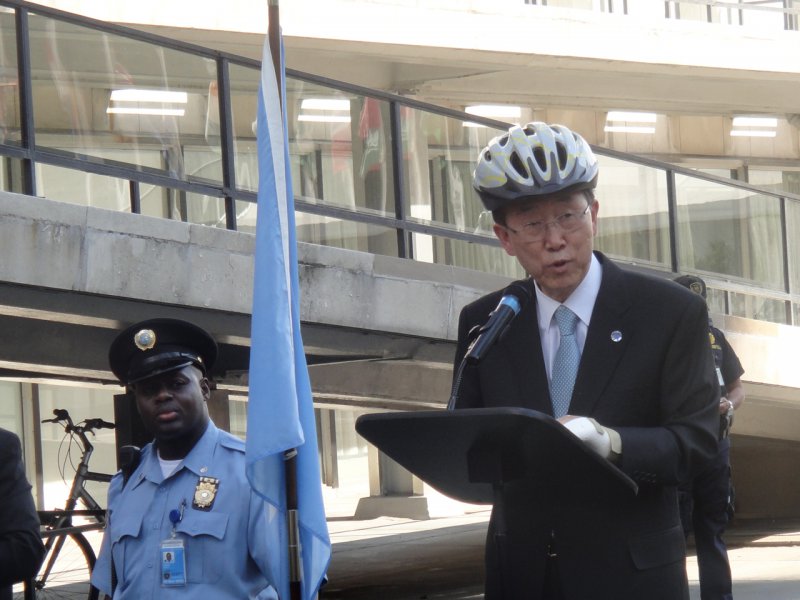According to The Partnership for Sustainable, Low Carbon Transport (SLoCaT), a voluntary multi-stakeholder initiative that contributes to the implementation of Agenda 21, Rio+5 and the Johannesburg Plan of Implementation (JPOI), “a stronger focus on public transport and non-motorized transport will strengthen access for low income groups. Reduced congestion and air pollution, as well as improved road safety, can translate into economic savings equal to several percentage points of GDP…. EMBARQ’s mission is to catalyze and help implementing sustainable transport solutions to improve quality of life in cities. Sustainable transport solutions holistically address social and environmental needs for current and future generations in a financially smart manner. Presented by UN Department of Economic and Social Affairs (DESA) Ralph Wahnschafft, DESA, chaired the event, which presented an overview of an initiative by the Global Forum for Human Settlements (GFHS) and the Renault-Nissan Alliance to provide zero-emission transport for Rio+20. On the 8 th of June United Nations officials, diplomats and and members of civil society organizations Thoughts on Rio+20: The Future of Sustainable Transportation
EMBARQ Makes Voluntary Commitment for Sustainable Transport
Expanding the Use of Electric Mobility: Options for sustainable urban transport
SLoCaT co-organizes UN Bike Ride for Rio+20
took part in a bike ride, co-organized by the SLoCaT Partnership to highlight the benefits of bicycling as a sustainable urban transportation method. The challenge is to get the world to use renewable energy to power our trains,planes, buses and boats. What is especially important for cities.